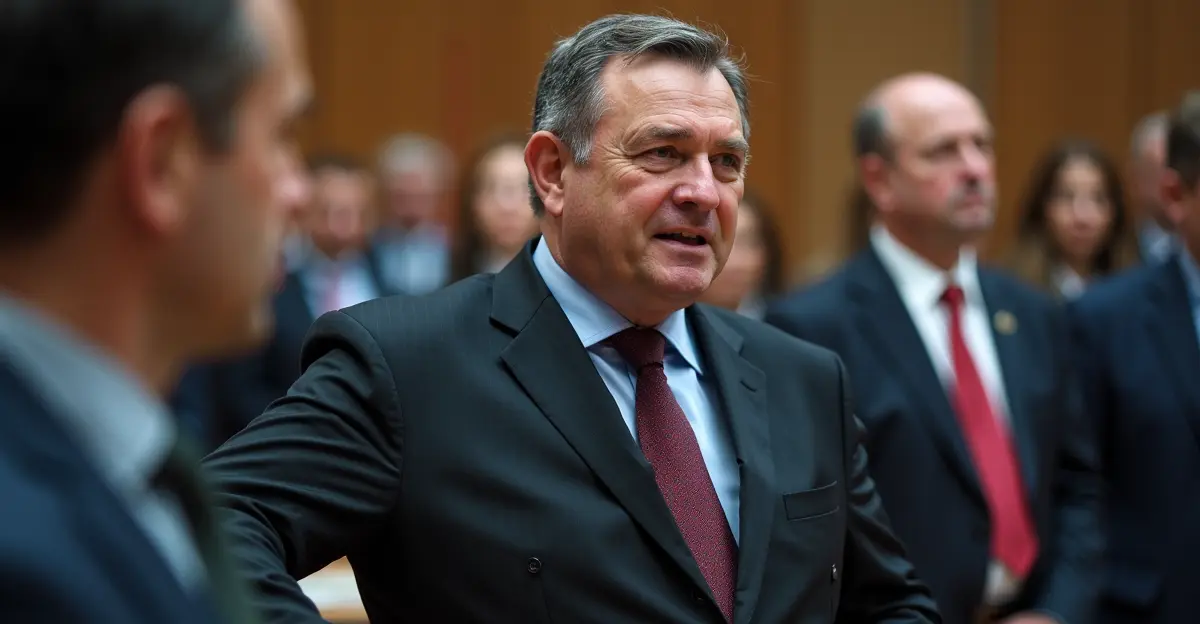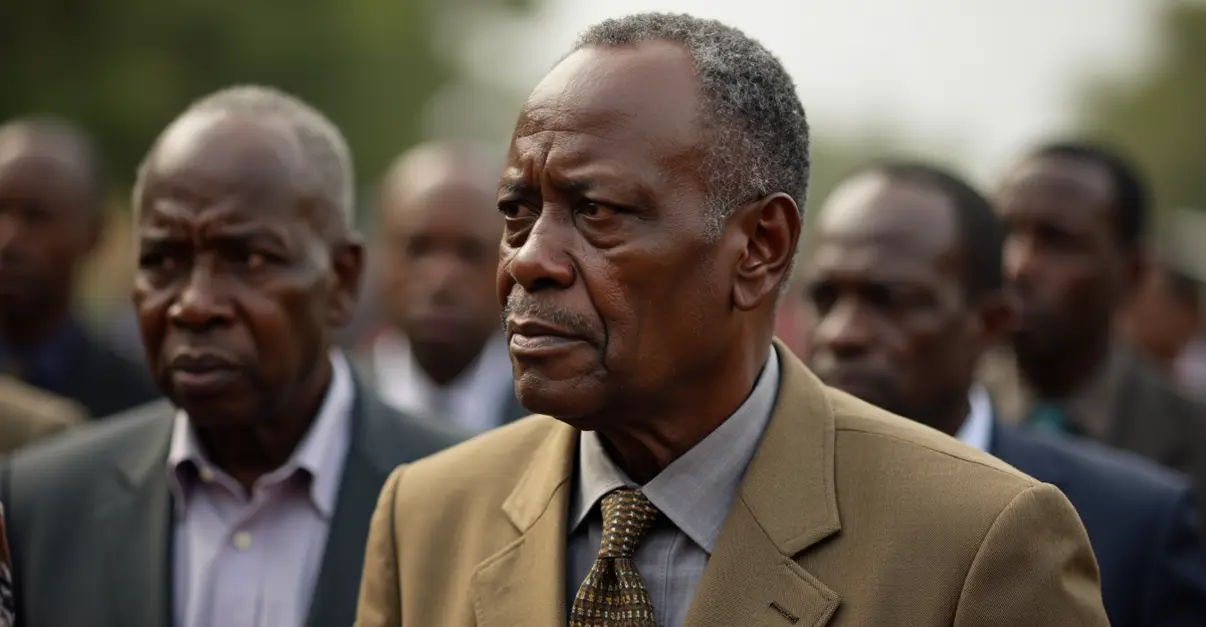Argentinians Head to Polls in Crucial Midterm Elections
Argentinians are casting their votes today in pivotal midterm elections that will determine the political future of President Javier Milei and his radical economic reforms. The elections represent the first major electoral test for Milei since his 2023 victory, when he famously campaigned with a chainsaw symbolizing his promise to cut government spending dramatically.
'Milei became president in 2023 with a broad majority of votes. The promise that he would make the economy healthy again with shock therapy appealed to many Argentinians,' says Nina Jurna, Latin America correspondent.
Economic Progress Amid Deep Pain
Milei's administration has achieved some economic successes, particularly in reducing inflation from triple-digit levels to more manageable rates. The International Monetary Fund (IMF) approved a $20 billion extended arrangement in April 2025, signaling international confidence in his fiscal approach. Government debt has also decreased through aggressive spending cuts.
However, the human cost has been severe. Many Argentinians struggle to make ends meet as wages fail to keep pace with still-high inflation. The elimination of subsidies for electricity, fuel, and transportation, combined with mass public sector layoffs and salary cuts, has created widespread economic hardship.
Currency Crisis and American Intervention
The Argentine peso has continued its dramatic decline, now worth less than 0.00058 euros compared to 0.0054 euros five years ago. Despite Milei's attempts to artificially prop up the currency using dollar reserves, the peso has remained unstable.
In a significant development, the Trump administration stepped in with a $40 billion aid package in October 2025, including a $20 billion currency swap and $20 billion credit line. 'If Milei loses, we will not be generous toward Argentina,' Trump warned last week, making the aid contingent on election outcomes.
According to recent reports, the peso continues to struggle despite this massive intervention, with the Central Bank forced to sell $45.5 million to stabilize the currency.
Political Stakes and Public Sentiment
Today's elections will determine control of key congressional seats and could either strengthen or weaken Milei's ability to implement his controversial agenda. His La Libertad Avanza party needs to secure at least one-third of Congress seats to maintain his veto power and prevent potential impeachment.
Unemployment has risen from 6% to nearly 8% under Milei's administration, meaning nearly 1 in 13 Argentinians is now jobless. This compares to 1 in 25 unemployed in the Netherlands, highlighting the severity of Argentina's employment crisis.
Recent polls show Milei's party trailing the center-left opposition by 15 points, with provincial election results indicating a difficult path ahead. The outcome will signal whether Argentinians remain willing to endure the pain of Milei's shock therapy for promised long-term gains.
Economists agree that regardless of election results, additional measures will be needed to stabilize the peso and address the ongoing economic crisis, likely requiring further sacrifices from the Argentine people.

 Nederlands
Nederlands
 English
English
 Deutsch
Deutsch
 Français
Français
 Español
Español
 Português
Português










